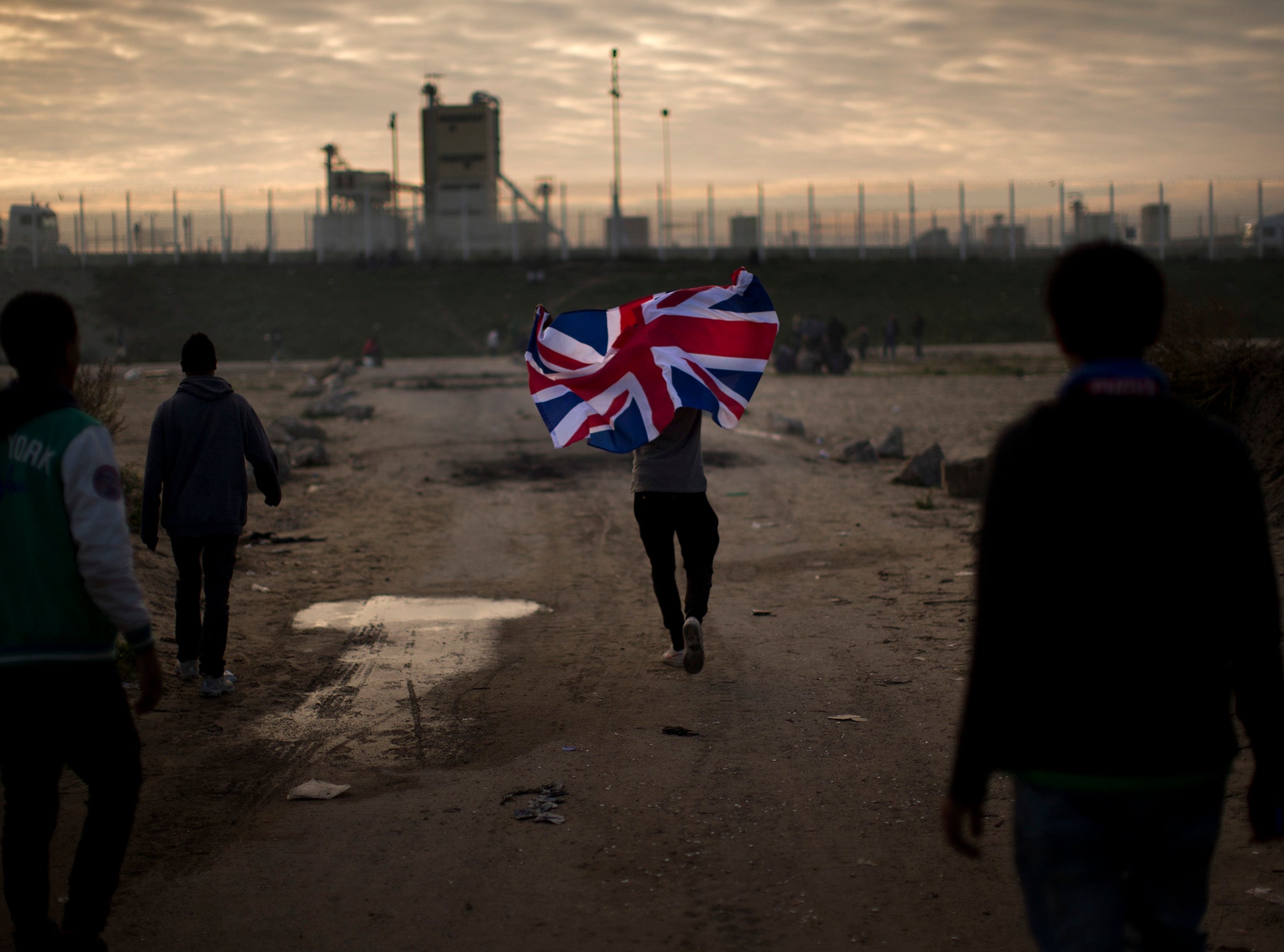Home Office 'turned down offer to foster 100 refugee children a week'
TACT Care chief executive Andy Elvin says care agencies had offered to supplement councils' capacities

The UK could have taken in up to 100 child refugees a week through fostering agencies were it not for a Home Office veto, a charity leader has claimed.
Andy Elvin, the chief executive of TACT Care, the UK’s largest fostering and adoption charity, said officials met with foster agencies as long ago as September 2015 about the potential for carers to provide extra capacity on top of local councils’ offers of spaces for refugees.
The Home Office never took up the deal, Mr Elvin said. He told The Observer: “We were talking to the Department for Education, because they were having meetings with the Home Office, and saying we can offer this fostering capacity now if you want it. They were aware of this throughout, but never engaged with it.”
The Home Office responded that housing the children was the responsibility of local authorities, Mr Elvin said. He has previously described the Government’s claim that councils lack the capacity to house the 3,000 child refugees designated by the Dubs amendment – its reason for backing down on implementing the plan – as a “lie”.
He added that between September 2015 and June 2016, “we offered on numerous occasions to the Home Office the option of contracting directly with us and other fostering agencies, rather than going straight to local authorities”.
Mr Elvin told The Observer the UK could accept at least 1,200 refugees a year into foster care, or 100 children a week in an emergency. “The idea was that Dubs would be done over a number of years,” he said.
A Home Office spokesman said the number of children the Government had decided to accept under the Dubs scheme was “in line with available local authority capacity”.
The spokesman added: “The UK’s doors will remain open to all those who need our protection and we are very grateful for the support that local authorities and the public provide to the asylum system.”

Earlier this week the Government defeated an attempt to force ministers to take up offers from local councils eager to accept more unaccompanied children fleeing conflicts.
Ministers have been accused of ignoring evidence that town halls are willing to make thousands more places available, with the right funding.
But the bid, led by Conservative backbencher Heidi Allen, to force ministers to properly audit local council capacity, was lost by 287 votes to 267.
Immigration Minister Robert Goodwill said in February that more than 900 unaccompanied asylum-seeking children were transferred to the UK from Europe in total last year.
This included more than 750 from France as part of Britain’s support for the clearance of the Calais jungle.
More than 200 of those children met the criteria for the Dubs route, while the remainder were transferred under an accelerated process based on, but operated outside of, the Dublin Regulation covering family reunion cases.
MPs have warned that closing off resettlement for unaccompanied child refugees under the Dubs scheme will increase the risk of trafficking and exploitation.
In an urgent report, the Home Affairs Select Committee, which is chaired by Yvette Cooper, has said the Government’s evidence that re-housing child refugees would act as a “pull” factor to desperate parents and to people smugglers stands in contrast to the beliefs of charities.
It also claimed some local councils have said they have capacity for as many as 4,000 more lone children.
Join our commenting forum
Join thought-provoking conversations, follow other Independent readers and see their replies
Comments
Bookmark popover
Removed from bookmarks